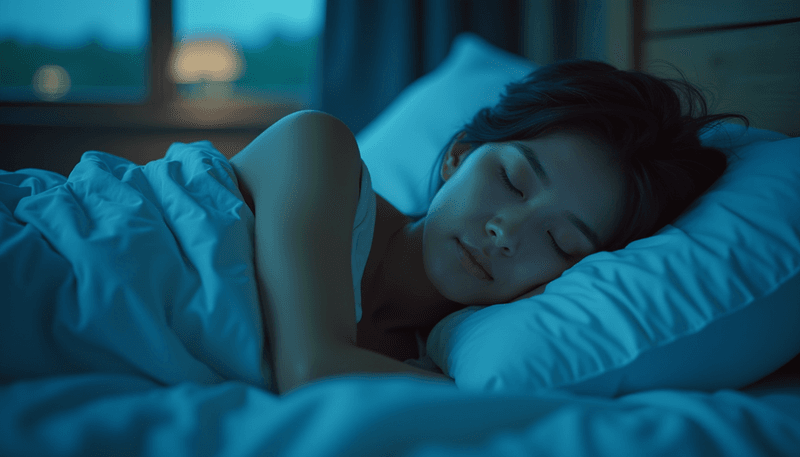Heat Up Hope For Hot Flushes

Imagine waking up drenched in sweat for the fifth time tonight, or feeling that sudden wave of heat wash over you during an important meeting. Hot flushes and night sweats aren't just uncomfortable - they can turn your world upside down. While this groundbreaking research on cognitive behavioral therapy was conducted on men experiencing hormone therapy-related hot flushes, its findings offer valuable insights for women dealing with similar symptoms, whether from medication side effects or natural hormonal changes.
The Mind-Body Connection in Managing Hot Flushes
The research reveals a fascinating link between our thoughts, behaviors, and how we experience hot flushes. Just as a thermostat controls room temperature, our brain has its own temperature regulation system. When this system gets disrupted - whether by hormonal changes or other factors - it can trigger those uncomfortable hot flush episodes.
Have you ever noticed how stress or anxiety seems to make your hot flushes worse?
This isn't just coincidence. The study shows that learning to manage stress through specific cognitive and behavioral techniques can significantly reduce both the frequency and impact of hot flushes. Think of it like learning to surf - instead of fighting against the waves (your symptoms), you're learning to ride them with more control and less distress.
Practical Strategies That Work
The research identified several effective techniques that you can start implementing today:
-
Paced Breathing: Practice slow, deep breaths from your diaphragm. Try this simple exercise: breathe in for a count of 4, hold for 2, then exhale for 4. Do this for 5 minutes, 2-3 times daily.
-
Identify Your Triggers: Keep a diary noting when hot flushes occur and what might have triggered them. Common triggers include:
- Spicy foods
- Alcohol
- Stress
- Warm environments
- Tight clothing
-
Environmental Modifications: Simple changes can make a big difference:
- Layer your clothing
- Keep a small fan at your desk
- Use cooling pillows at night
- Keep water at room temperature nearby
Changing the Narrative Around Hot Flushes
One of the most powerful insights from the research is how changing our thoughts about hot flushes can transform our experience of them. Instead of viewing them as embarrassing or overwhelming, we can reframe them as temporary and manageable experiences.
What would change if you saw your hot flushes as waves that naturally come and go, rather than as disruptions to fear?
The study showed that participants who learned to modify their thoughts and beliefs about hot flushes reported feeling more in control and less bothered by them, even when the physical symptoms remained similar.
Try this thought-reframing exercise:
- Instead of "Everyone can see I'm having a hot flush, this is horrible"
- Think "This is temporary and I have tools to manage it"
The research demonstrated that this kind of cognitive work, combined with behavioral strategies, led to significant improvements in quality of life and sleep patterns.
In conclusion, while hot flushes may be a part of your current reality, they don't have to control your life. The research shows that combining practical strategies with mindset changes can make a real difference in how you experience and manage these symptoms.
What one strategy from this article will you try this week to better manage your hot flushes?
Take the first step today by choosing just one technique to practice. Whether it's starting a trigger diary or learning paced breathing, small changes can lead to significant improvements in your quality of life. Share your experiences with others - you might be surprised to find how many people are navigating similar challenges and could benefit from these evidence-based strategies.

Dr. Marcus Anthony Bennett
Dr. Marcus Bennett is a Seattle-based freelance medical writer and consultant specializing in mid-aged women's health. With a background in internal medicine and over a decade of experience in preventive care, he is dedicated to making complex health topics accessible. Dr. Bennett completed his MD at Johns Hopkins School of Medicine and residency at the University of Washington. His empathetic and evidence-based approach combines traditional medical expertise with a focus on health disparities, often incorporating practical lifestyle advice. Known for his clear, engaging communication, Dr. Bennett provides actionable insights to empower his audience.






